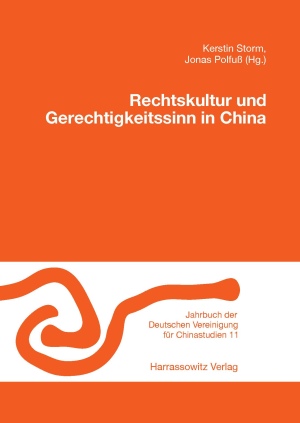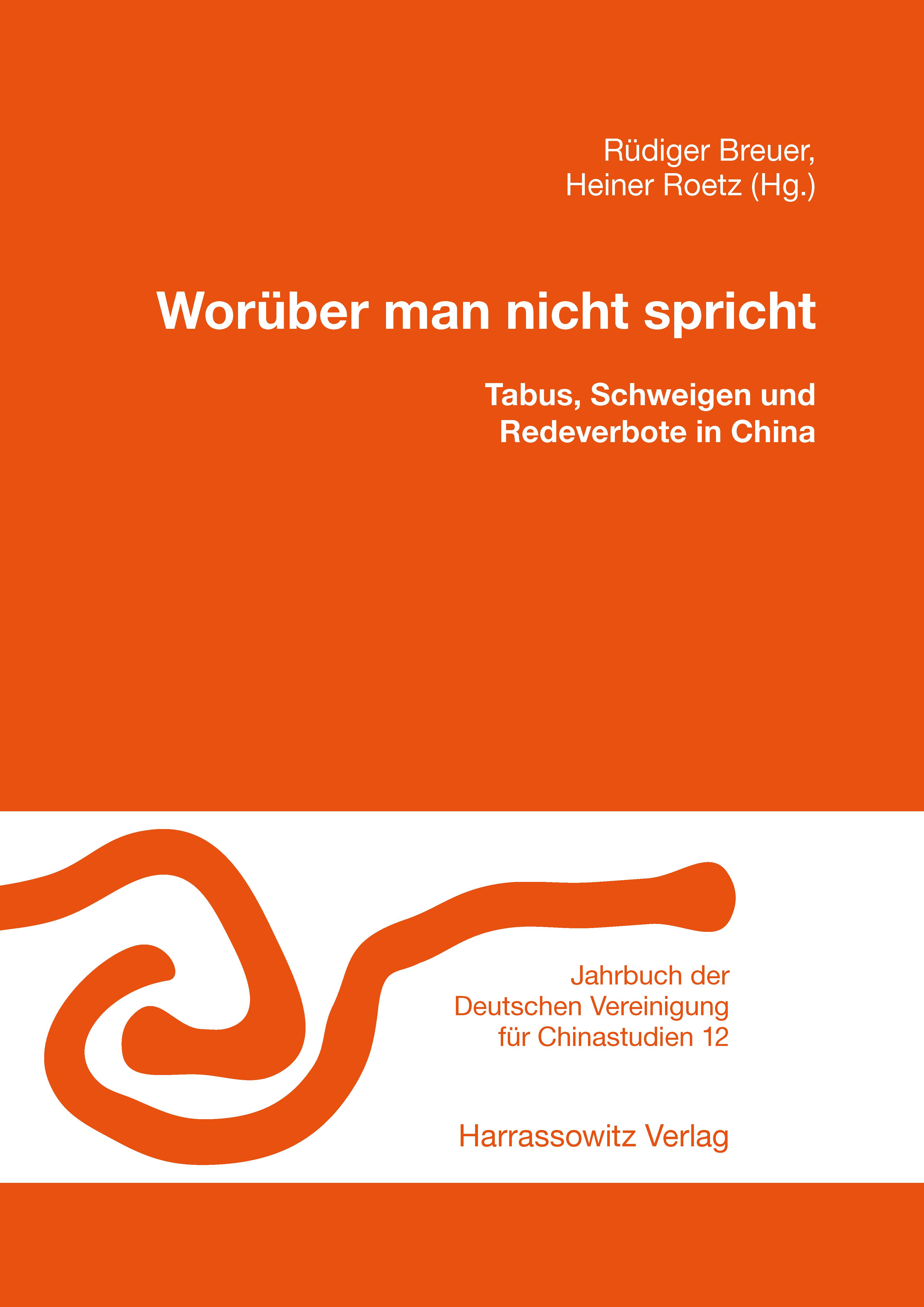Polfuß, Jonas
Rechtskultur und Gerechtigkeitssinn in China
Already early writings from China are shaped by discourses on order and law within and between states. Whether in the philosophical debate between Confucianism and Legalism, or in the discussion and interpretation of criminal law by civil servants at court, the understanding of law and the sense of justice remained of central importance throughout the history of the Chinese empire. Even today, China is a source of controversy with regard to crime, criminal law and ethics. In particular, Chinese characteristics and foreign influences are being critically discussed at home and abroad. In China's current social discourse, questions of social justice and equality of opportunities, which are also related to the legitimacy of the Chinese government, are of core interest. The range of topics related to law and justice outlined here was the focus of the 25th annual conference of the German Association for Chinese Studies (DVCS), which took place in Münster on November 7-9, 2014. This conference volume brings together contributions by elevenauthors who approach law and justice in China from philological, philosophical, literary, historical, sociological, political and, last but not least, jurisprudential perspectives. The volume spans the full range of Chinese studies both methodologically and chronologically by analysing relevant issues from the Western Zhou period to the recent present. The result is a multi-faceted interim state of scholarly discussion that also provides a well-grounded basis for future discussions.
For technical reasons there may be minimal differences between this digital version and the print version from Harrassowitz.
Worüber man nicht spricht: Tabus, Schweigen und Redeverbote in China
Self-imposed or socially or state-imposed speech taboos have always accompanied Chinese cultural history, as have attempts to break or circumvent them. Not only philosophy, historiography and literature have stood in this field of tension, but also moral and political action, which is still confronted with speech taboos today.
Worüber man nicht spricht gathers eleven contributions that span an arc from Chinese antiquity to the present day and illuminate the topic from various perspectives. They are examined: Cases of incest in ancient China; the problem of domestic violence in contemporary China; the originally strictly confidential "family teachings of Zhu Xi"; guidebook literature on China with its recommendations and prohibitions; the criticism of the republican writer and intellectual Lu Xun of mechanisms of power; the orientation of research on the 'Book of Changes' (Yijing); political factionalism in the one-party state of China; the linguist Wei Jian¬gong and his justifications of language policy measures; the political commitment of the filmmaker Shi Hui in the 1940s and the activities of the performance artist He Yunchang in the political and social context of the People's Republic of China. In this way, a multifaceted picture of taboos and prohibitions of speech in China's past and present is created.









